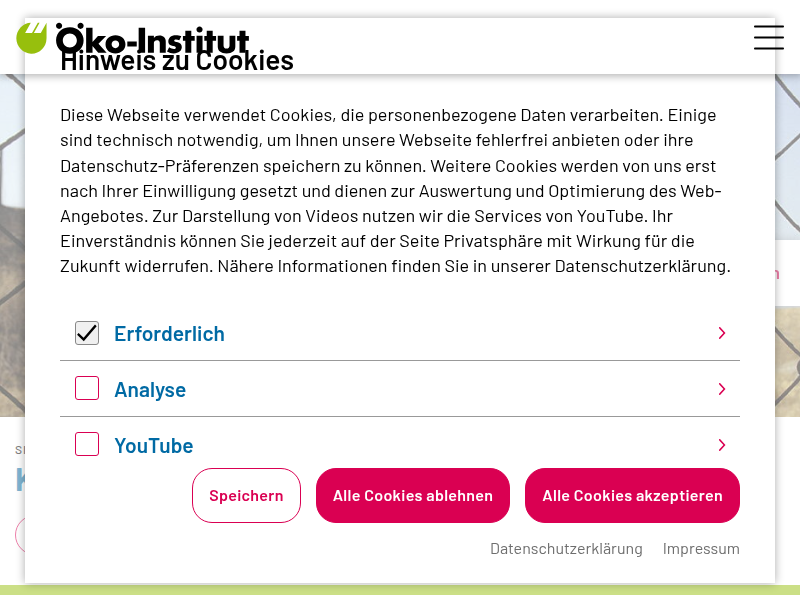Happy Birthday, liebe Mehrwertsteuer! | oeko.de https://www.oeko.de/blog/happy-birthday-liebe-mehrwertsteuer/
1968 wurdest Du in Deutschland eingeführt. Seitdem hat sich einiges getan, Du bist gewachsen. Und auch sonst ist viel in der Welt passiert. Daher wünschen wir Dir was …
Pflanzendrinks (zum Beispiel Soja- oder Haferdrinks) schlagen bei Dir mit 19 Prozent zu Buche

